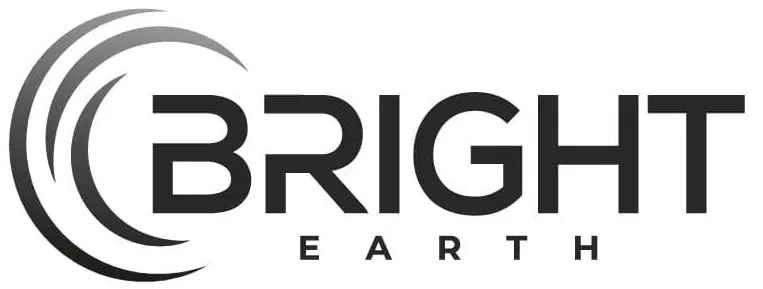What is solar energy?
Solar energy is a type of renewable energy that comes from the sun. It is harnessed using solar panels or photovoltaic cells, which convert sunlight into electricity. Solar energy is a sustainable and environmentally friendly alternative to traditional fossil fuels like coal and oil. It can be used to power homes, businesses, and even entire cities, reducing reliance on non-renewable energy sources and lowering greenhouse gas emissions.

Advantages of solar energy
Solar energy has several advantages:
- It is renewable and sustainable, meaning it will never run out.
- It is environmentally friendly, producing no pollution.
- It can reduce electricity bills significantly, especially in areas with ample sunlight.
- Solar panels require minimal maintenance, and their lifespan is around 25-30 years.
These benefits make solar energy an attractive option for homeowners and businesses looking to reduce their carbon footprint and save money on energy costs.
Disadvantages of solar energy
Solar energy requires a substantial initial investment, including the cost of solar panels and installation. The energy production varies depending on weather conditions and location, so it may not be reliable in all areas. Additionally, storing the generated energy can be expensive and the production process of solar panels has environmental impacts. Lastly, solar panels can take up a significant amount of space, making them unsuitable for some properties.
Types of solar energy systems
There are primarily two types of solar energy systems:
- Grid-tied solar systems: These systems are connected to the utility grid and allow for excess energy to be sold back to the grid, reducing electricity bills.
- Off-grid solar systems: These systems are not connected to the utility grid and require battery storage to store excess energy for use during times when the sun is not shining.
Understanding photovoltaic (PV) systems
The photovoltaic (PV) systems convert sunlight into electricity which can be used to power homes and businesses. These systems consist of solar panels, an inverter, and a meter. The solar panels are placed on the roof or in an open area to capture sunlight. The inverter then converts the direct current (DC) electricity generated by the panels into alternating current (AC) electricity, which is used to power household appliances. The meter measures the electricity produced by the system. PV systems are a sustainable and renewable energy source, providing clean electricity and reducing reliance on fossil fuels.
How solar panels work
Solar panels work by using photovoltaic cells to convert sunlight into electricity. When sunlight hits the cells, it creates an electric field, allowing electricity to flow. This process is called the photovoltaic effect. The electricity generated by the solar panels can be used to power your home or business, and any excess energy can be stored in batteries or fed back into the grid. Solar panels work best in areas with plenty of sunlight, making them a great renewable energy option for many locations.
Factors to consider before installing solar panels
Before installing solar panels, it’s important to consider a few factors to ensure you make the best decision for your home or business. Here are some key things to keep in mind:
- Available sunlight: Assess the amount of sunlight your location receives throughout the year to determine the solar panel’s efficiency.
- Roof condition: Ensure your roof is in good condition and structurally sound to support the weight of solar panels.
- Local regulations: Research local rules and regulations regarding solar panel installation, including permits and any restrictions on size or placement.
- Energy usage: Understand your current energy usage to determine the number of solar panels needed to meet your energy needs.
- Financial incentives: Research available tax credits, rebates, and other financial incentives for installing solar panels in your area.
Considering these factors will help you make an informed decision about installing solar panels for your energy needs.
Eligibility for solar energy incentives and rebates
Before installing solar panels, it’s essential to check if you’re eligible for any incentives or rebates in your area. The eligibility criteria can vary depending on your location, so it’s advisable to research the specific programs available in your city or state. Some common factors that may affect your eligibility for incentives and rebates include your property’s location, the type of solar energy system you choose, and your energy consumption. It’s worth noting that these programs can help offset the initial cost of your solar energy installation and contribute to long-term energy savings.
Steps to install solar panels
To install solar panels, you must first assess your roof to ensure it’s suitable for solar energy. Then, you’ll need to find a reputable solar panel installer in your area. After that, the installer will visit your home for a site assessment and provide a quote. Once you agree to the terms, the installer will obtain the necessary permits, install the panels, and connect them to your electrical system. Lastly, they’ll conduct an inspection to ensure everything is functioning correctly.
Conclusion and next steps
Before you conclude, make sure you understand the potential benefits and limitations of solar energy. Think about factors like your location, the amount of sunlight your property receives, and your budget. You should also research available incentives and rebates for solar installations in your area. Once you’ve gathered this information, you can make an informed decision about whether solar energy is right for you.
